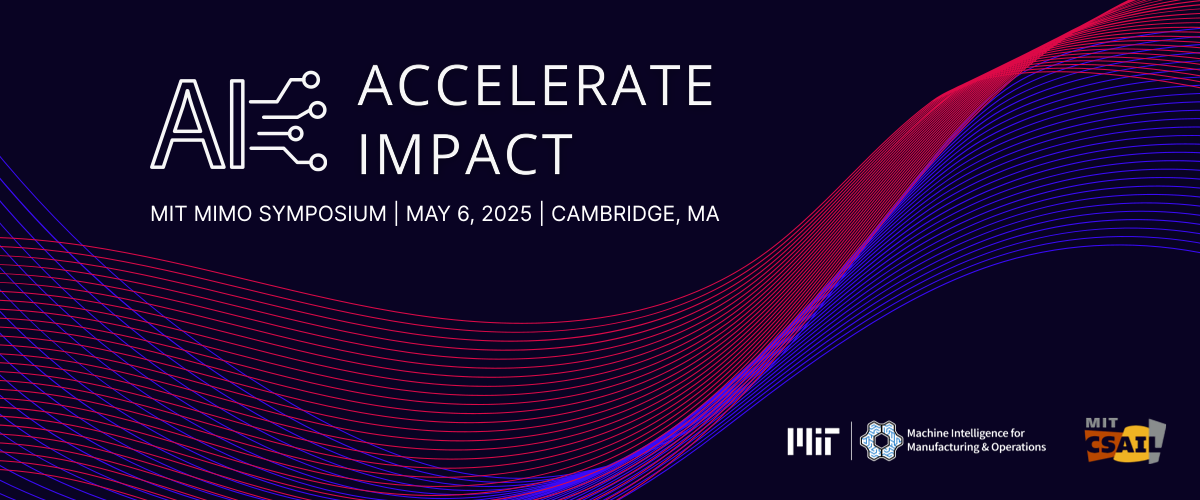
Join MIT MIMO and MIT CSAIL for the MIMO Symposium on May 6, 2025 at MIT’s Wong Auditorium.
This year’s symposium will see how Generative AI is transforming manufacturing and operations, with a focus on scaling domestic production, addressing labor shortages, and driving innovation. Attendees will gain insights into real world applications of AI, strategies for successful implementation, and best practices from AI leaders.
Keynote sessions and panels featuring industry experts and MIT researchers will provide answers to some of the most challenging questions facing leaders today, empowering you to navigate the evolving landscape of AI and unlock the full potential of the technology. Key topics include:
- Generative AI as a (Work) Force Multiplier: Discover how Generative AI is bridging skills gaps and enhancing productivity in domestic manufacturing, with real-world examples of its impact on operations.
- What Companies Succeeding with AI Do Differently: Learn the key practices that set AI leaders apart, including executive sponsorship, cross-department collaboration, strategic partnerships, and data management.
Featured Panels:
- Generative AI Applications to Preserve Institutional Knowledge and Automate Frequent Tasks: Learn how Generative AI is preserving institutional knowledge, automating repetitive tasks, and driving productivity gains in manufacturing and operations.
- Generative AI in Life Sciences/BioPharma: Discover how AI is revolutionizing drug discovery, surgical innovation, and personalized medicine, accelerating research and improving patient outcomes.
- What Companies Succeeding with AI Do Differently: Gain actionable insights into the strategies enabling leading companies to achieve transformative results with AI.
Register today and equip yourself with the knowledge and connections to shape the future of intelligent manufacturing and operations!
Speakers

EVP of Customer and Technology Partnerships
PTC – LinkedIn
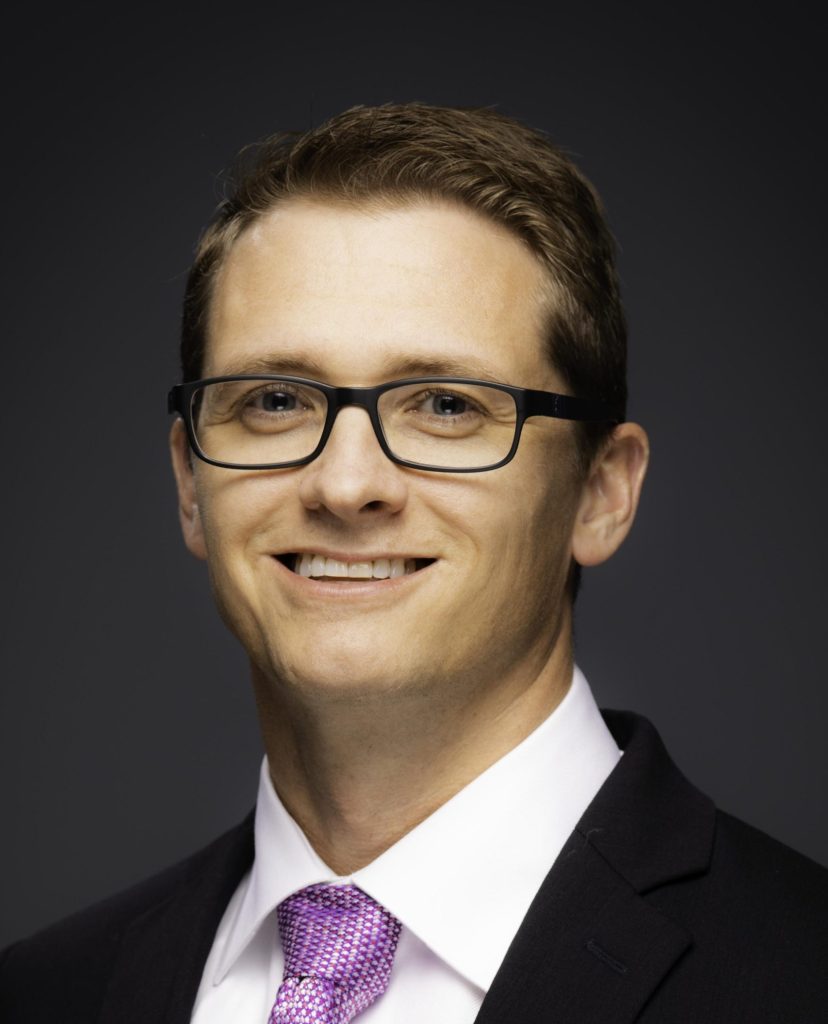
SVP of Manufacturing, Supply Chain Management and Purchasing
Nissan Americas – LinkedIn
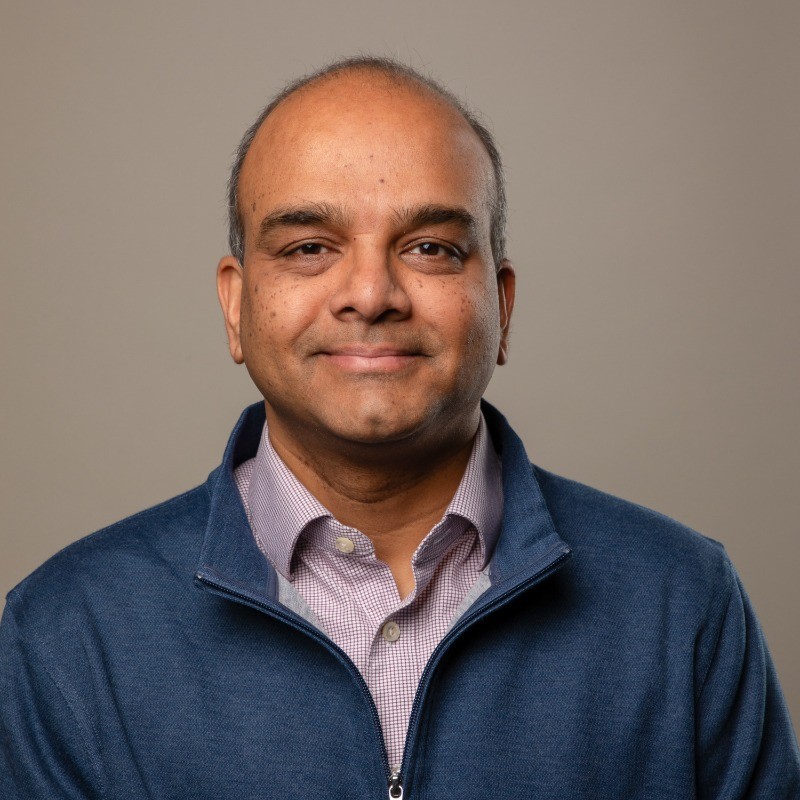
Director of Cloud & AI Innovation Team (CAIT)
AWS – LinkedIn
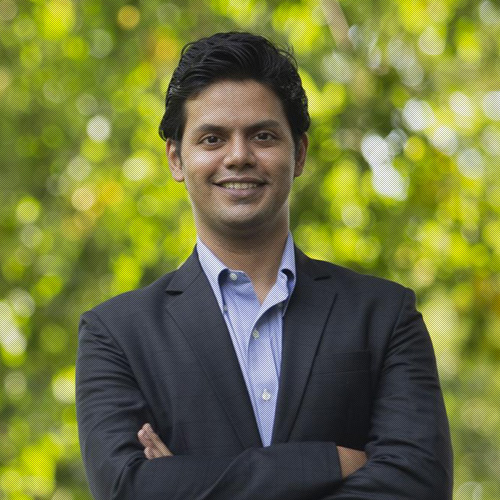
Assistant Professor
MIT – LinkedIn
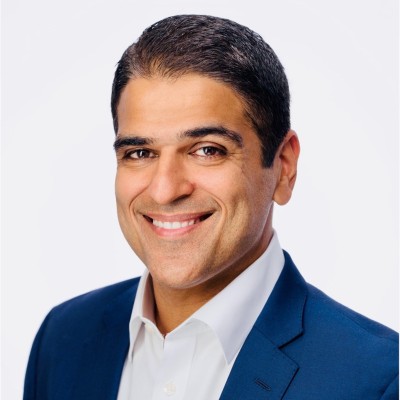
Partner
McKinsey & Company – LinkedIn

Managing Director
MIT Machine Intelligence for Manufacturing and Operations – LinkedIn

Technical Fellow
Boeing – LinkedIn
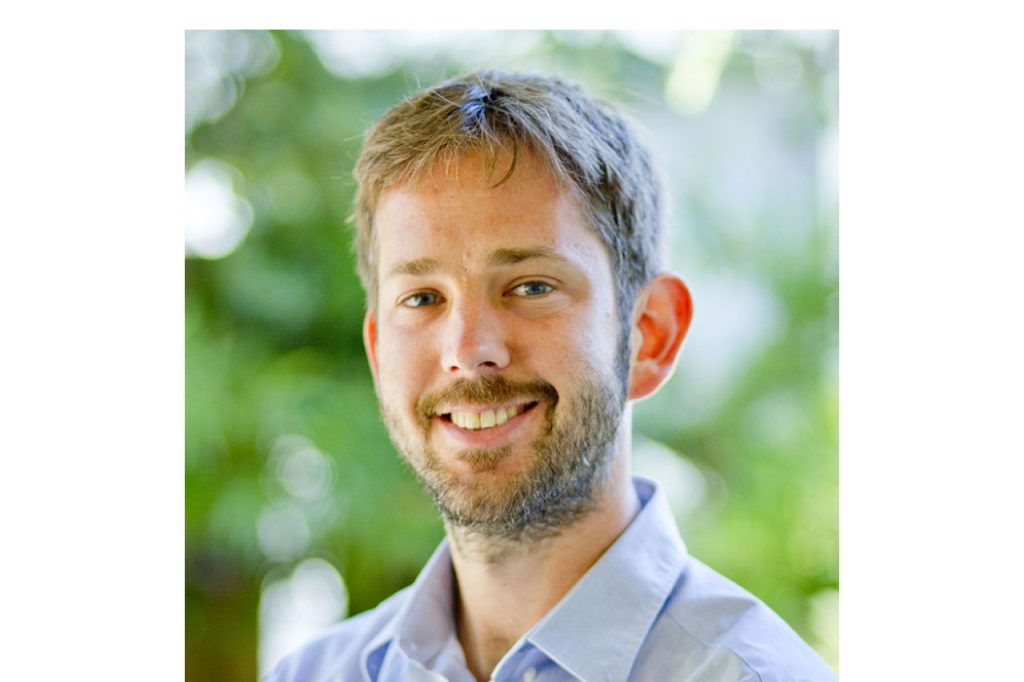
Cofounder and CTO
Arch Systems – LinkedIn

Senior Partner
McKinsey & Company – LinkedIn

Vice President Digital Innovation for Global Product Development and Supply
Bristol Myers Squibb – LinkedIn

Founder & CEO
Standard Bots – LinkedIn
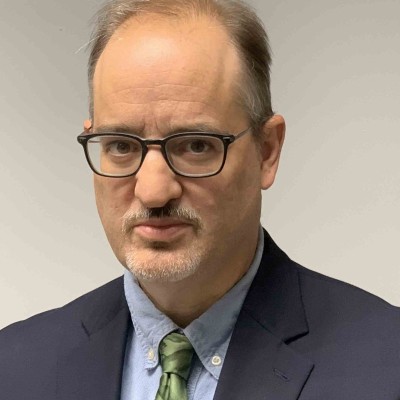
Electrical Maintenance Manager
North American Stainless – LinkedIn
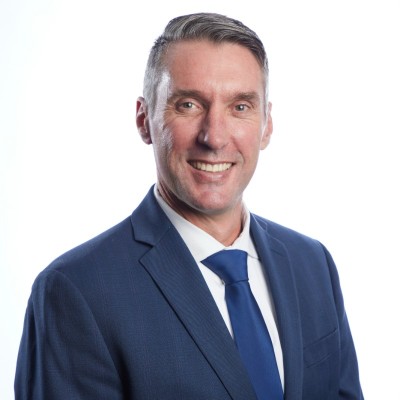
VP & Chief Information Officer
Panasonic Energy of North America – LinkedIn

Artificial Intelligence Architect
Toyota North America – LinkedIn
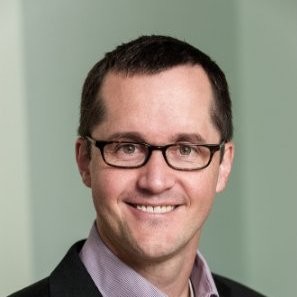
Sr. Director Data & Digital Solutions – Medtech Quality
Johnson & Johnson – LinkedIn
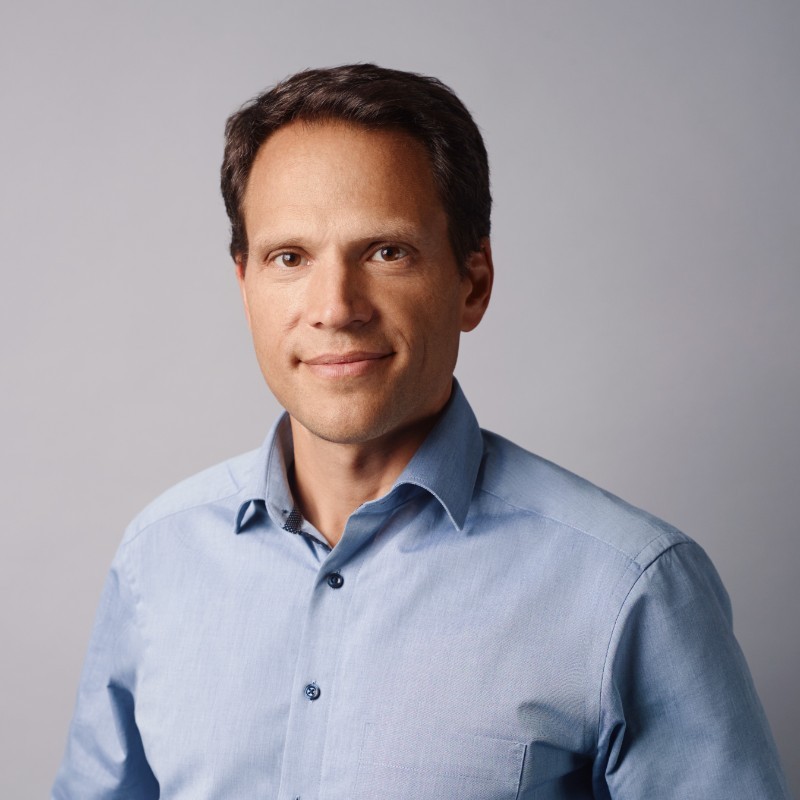
President, Manufacturing and Services
Flex – LinkedIn

Head of Data Science and ML Engineering
National Grid – LinkedIn
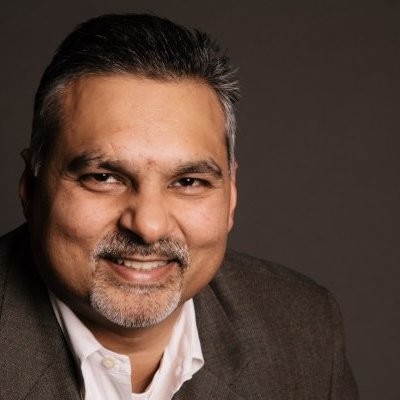
Director Enterprise Architecture
Komatsu America Industries LLC – LinkedIn

Executive Editor, Digital
Harvard Business Review – LinkedIn
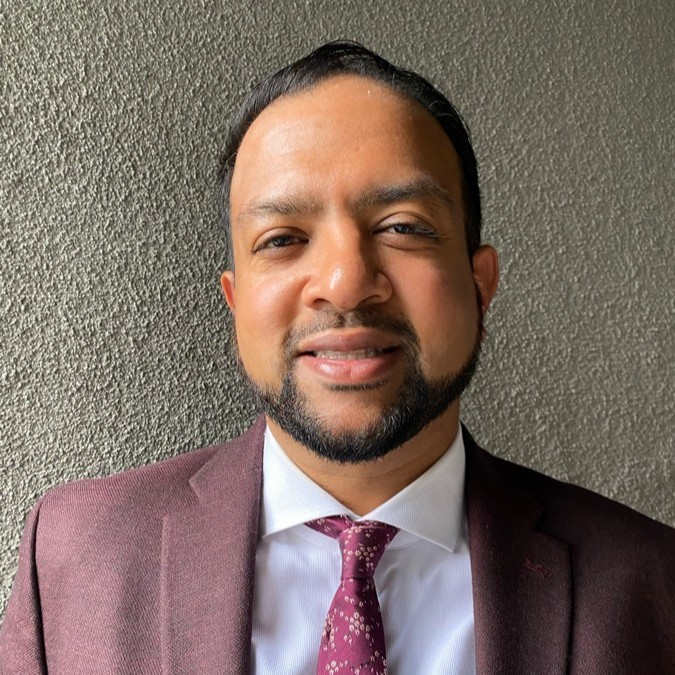
Quality Manager
Provisur Technologies – LinkedIn
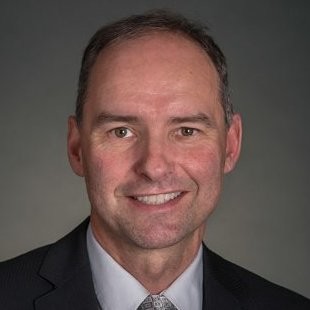
Executive Director
MIT Leaders for Global Operations Program – LinkedIn

CIO
Abiologics – LinkedIn

Head of Software Engineering
DeepHealth – LinkedIn

VP – IT, Application Solutions & Implementations
Flex – LinkedIn
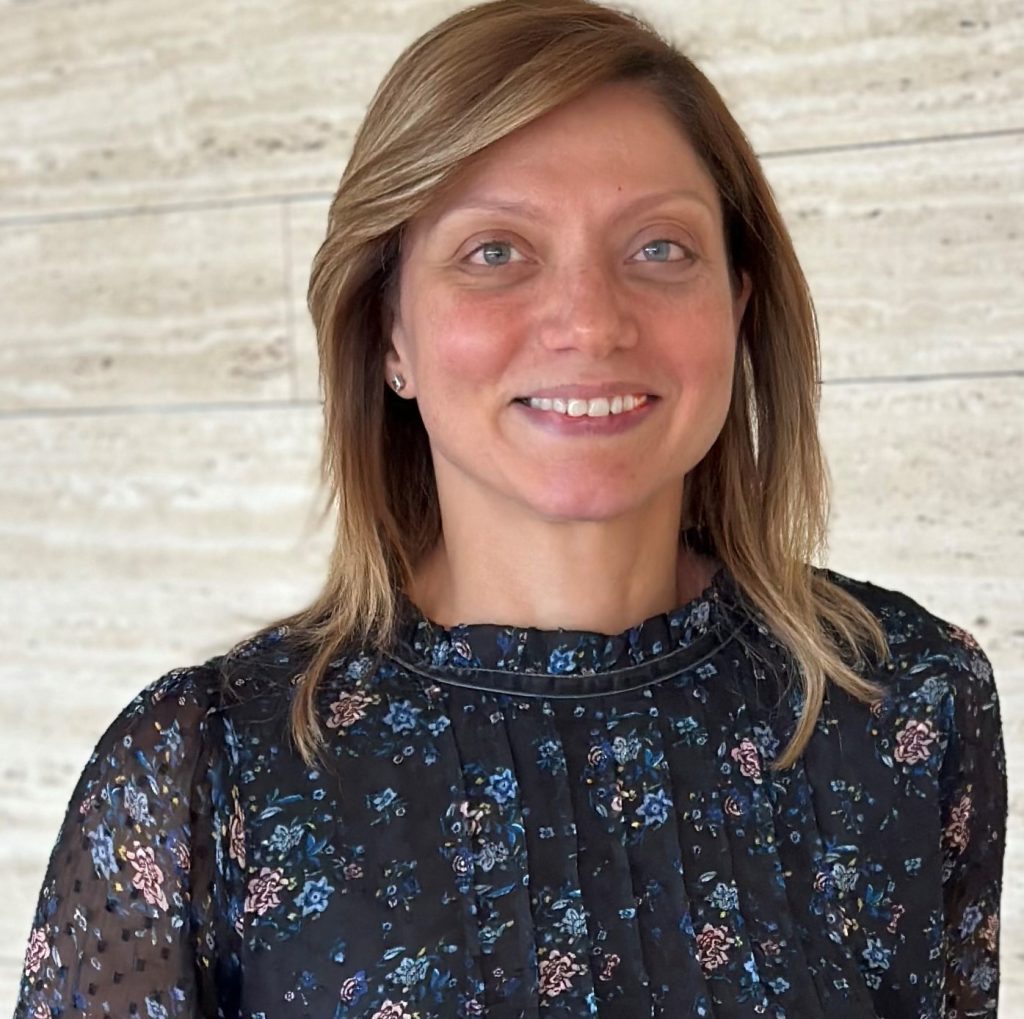
Sr. Director – AI & Data Governance
BAE Systems – LinkedIn

Professor
MIT – LinkedIn
Schedule
Poster Competition
At each MIT MIMO Symposium, students from MIT present their research on the use of artificial intelligence, optimization, and advanced data analytics to impact manufacturing and operations. Participants are eligible for many different monetary prizes, which are awarded by academic and industry experts.
Are you an MIT student who is interested in entering this year’s competition? We want to hear from you!
Sponsors
Gold Sponsor + Symposium Poster Prize Sponsor

Silver Sponsors


Bronze Sponsors
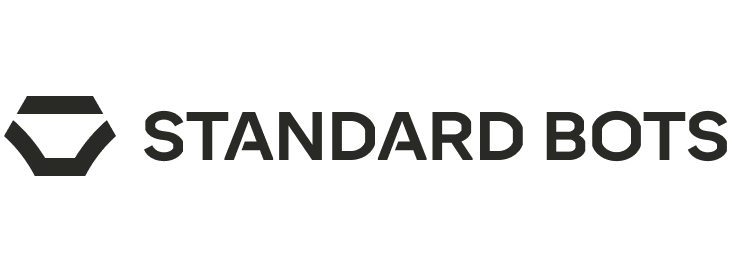

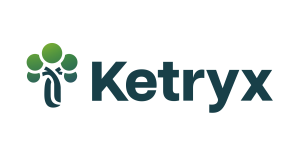
Location
The 2025 MIT MIMO Symposium will be held on Tuesday, May 6, 2025 at the following location:
MIT Wong Auditorium
2 Amherst St
Cambridge, MA 02142
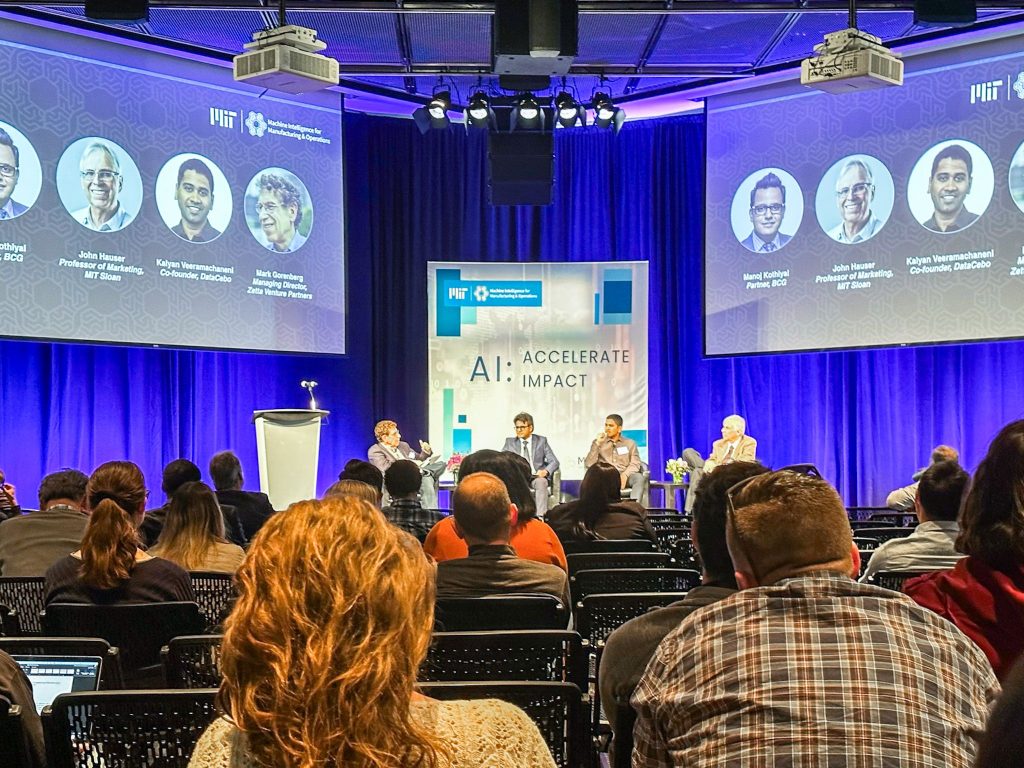
What is the MIT MIMO Symposium?
The MIT MIMO Symposium is a learning conference hosted annually by the MIT Machine Intelligence in Manufacturing and Operations program. The in-person event includes keynote sessions and panels featuring industry experts, a research poster expo, after-hours events, and more, providing a forum for attendees to discover how intelligent technologies are transforming manufacturing and operations.
Who should attend the MIT MIMO Symposium?
The MIT MIMO Symposium is ideal for anyone who wants to transform their business through the use of data and AI, discover the latest innovations with machine intelligence, and level up their AI knowledge to advance their career.
